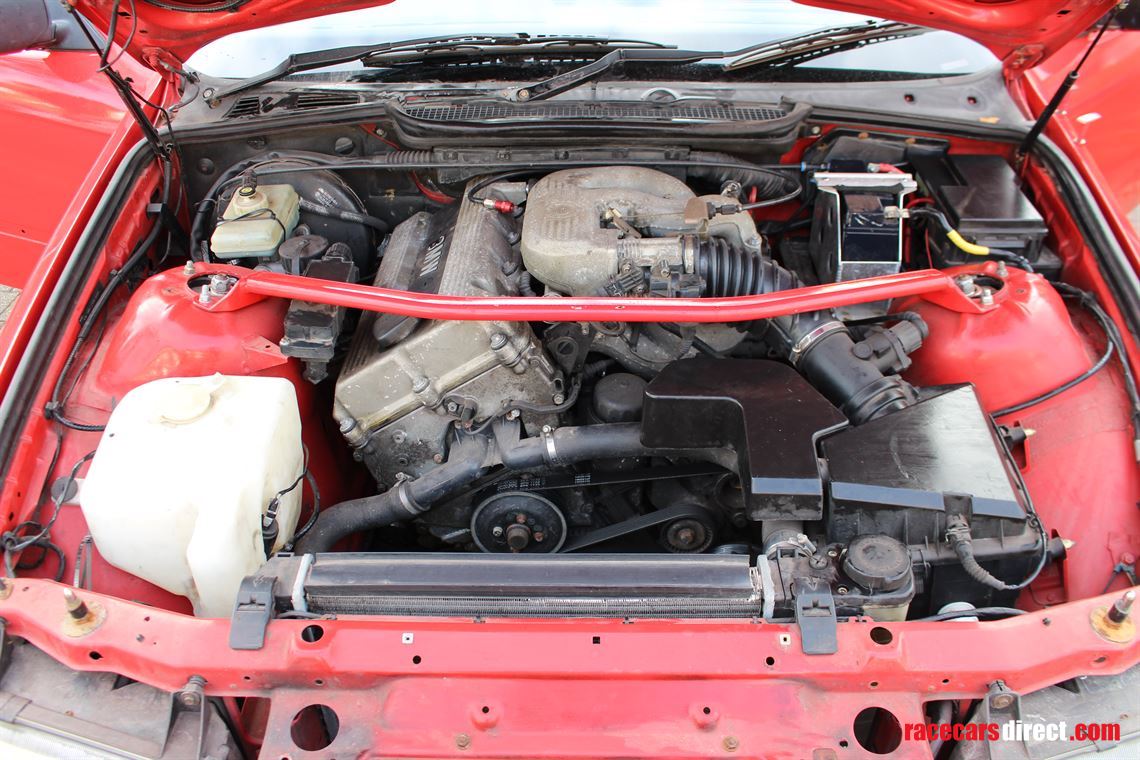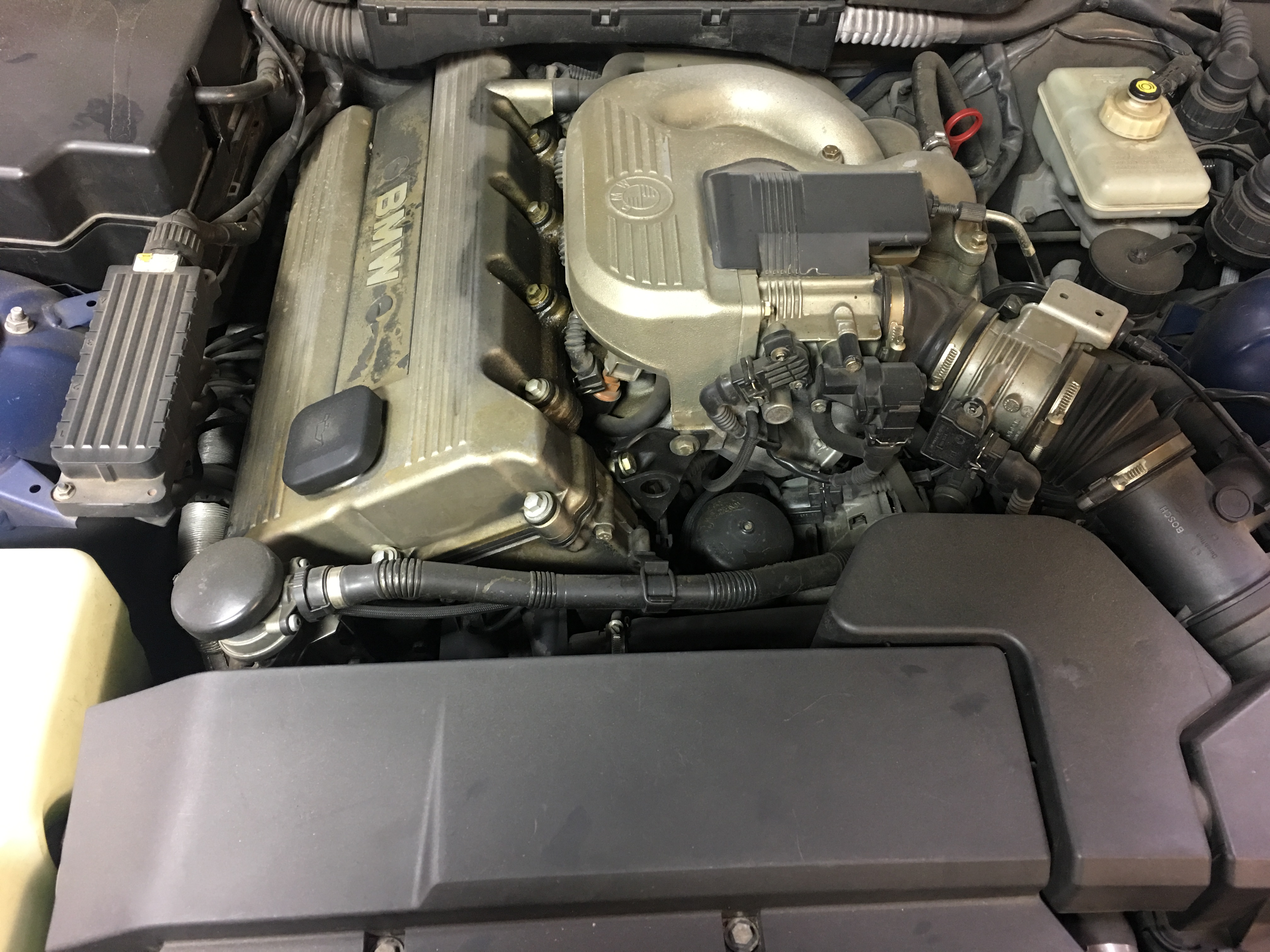BMW 318ti: A Timeless Compact with Ageless Allure
BMW 318ti: A Timeless Compact with Ageless Allure
Blog Article
Key Functions to Seek When Getting an Engine for Automotive Applications
When taking into consideration the purchase of an engine for vehicle applications, numerous key attributes warrant cautious assessment to ensure optimum efficiency and functionality. From power and efficiency abilities to sustain adherence, efficiency, and longevity to emissions standards, each aspect plays a crucial function in establishing the engine's suitability for specific automotive demands. Cost-effectiveness continues to be a critical variable in the decision-making procedure, balancing top quality with financial factors to consider. These attributes jointly add to the general performance and reliability of the engine, influencing the driving experience and lasting satisfaction of the user.
Power and Performance
When selecting an automotive engine, customers focus on power and efficiency to guarantee ideal driving experience and performance. The power result of an engine, frequently determined in horse power (HP) or kilowatts (kW), dictates the acceleration, leading rate, and total capacities of an automobile. Greater power ratings generally result in quicker velocity and much better efficiency, especially throughout surpassing or lugging heavy loads. Efficiency, on the other hand, incorporates a more comprehensive spectrum of attributes, consisting of gas performance, discharges, dependability, and overall driving characteristics. A well-performing engine not just provides power successfully yet also operates efficiently throughout various rate arrays and driving problems.
In addition, elements such as engine variation, turbocharging, and crossbreed innovations play considerable functions in improving both power and efficiency degrees. Ultimately, picking an engine that uses a powerful combination of power and efficiency guarantees a satisfying and efficient driving experience.
Fuel Effectiveness
Maximizing fuel efficiency is a paramount consideration for consumers when assessing auto engine alternatives. Modern engines with functions like direct fuel injection, turbocharging, and variable valve timing can considerably enhance fuel effectiveness by boosting burning procedures and lowering energy loss.

Toughness and Integrity
Attaining long-lasting efficiency and reputable operation is essential for consumers examining the longevity and reliability of auto engines. When thinking about an engine for automobile applications, sturdiness describes the engine's capacity to stand up to wear, stress, and extreme operating problems over a prolonged period. Reliability, on the other hand, implies that the engine can constantly execute its desired function without unexpected malfunctions or failings.
Customers ought to look for engines created with high-grade materials and accurate engineering to make sure longevity. Components such as bearings, pistons, and crankshafts need to be resilient to handle the engine's power output without premature wear. In addition, engines furnished with advanced air conditioning systems, reliable lubrication, and robust filtration mechanisms tend to display greater degrees of reliability.
Regular maintenance and adherence to supplier suggestions are also vital factors in protecting an engine's toughness and integrity. By complying with maintenance schedules, using recommended liquids, and addressing any concerns without delay, consumers can make best use of the lifespan and efficiency of their automotive engines. Inevitably, focusing on sturdiness and dependability in engine choice can result in browse around this site a much more satisfying possession experience with fewer unforeseen interruptions.
Emissions Compliance
Guaranteeing compliance with emissions guidelines is a crucial facet of assessing automotive engines for environmentally aware customers. With raising worries about air top quality and environmental influence, stringent emissions criteria have actually been established internationally to lower dangerous pollutants launched right into the atmosphere. When acquiring an engine for automobile applications, it is important to consider its emissions compliance to lessen the carbon impact and comply with legal needs.
Modern engines are equipped with sophisticated emission control technologies such as catalytic converters, exhaust gas recirculation (EGR) systems, and careful catalytic decrease (SCR) to minimize damaging exhaust gases like nitrogen oxides (NOx), carbon monoxide gas (CARBON MONOXIDE), and hydrocarbons (HC) These systems play an important role in making sure that the engine satisfies the specified exhausts criteria and runs within allowable restrictions.

Cost-effectiveness
When considering vehicle engine purchases, examining cost-effectiveness is critical for consumers seeking both efficiency and worth. Cost-effectiveness in engine procurement involves greater than simply the preliminary purchase rate. It includes the total costs connected to maintenance, gas usage, and possible repair work over the engine's life-span. Deciding for an engine that provides an equilibrium in between lasting savings and ahead of time expenses can lead to considerable advantages for the consumer.
One secret facet of cost-effectiveness is fuel performance. Engines that are developed to make the most of gas economy can result in considerable savings in time, especially for people that drive regularly or over fars away. Additionally, thinking about the accessibility and price of extra parts and maintenance can contribute to the overall cost-effectiveness of an engine. Making certain that repair and maintenance are easily accessible and reasonable can avoid unforeseen economic concerns down the line.

Verdict
To conclude, when buying an engine for vehicle applications, it is vital to consider crucial functions such as power and efficiency, gas efficiency, toughness and dependability, emissions compliance, and cost-effectiveness. These aspects are essential in guaranteeing that the engine meets the demands of the automobile and operates successfully in different driving conditions - bmw 318ti. Making an educated decision based upon these criteria will inevitably lead to a effective and effective automobile engine purchase
From power and performance abilities to sustain efficiency, adherence, and sturdiness to exhausts standards, each facet plays a critical function in determining the engine's viability for specific vehicle demands. Engines developed to run on different gas such as electrical power, hybrid systems, or biofuels can use improved gas economy and lower emissions contrasted to standard fuel or diesel engines. Customers need to meticulously take into consideration the gas effectiveness ratings and technologies included into automobile engines to make informed buying choices that align with their concerns for view it now price savings and sustainability.
When considering an engine for automobile applications, resilience refers to the engine's capacity to hold up against wear, anxiety, and harsh operating conditions over an extensive period.In final thought, when buying an engine for automobile applications, it is essential to consider essential functions such as power and efficiency, fuel effectiveness, sturdiness and reliability, exhausts compliance, and cost-effectiveness.
Report this page